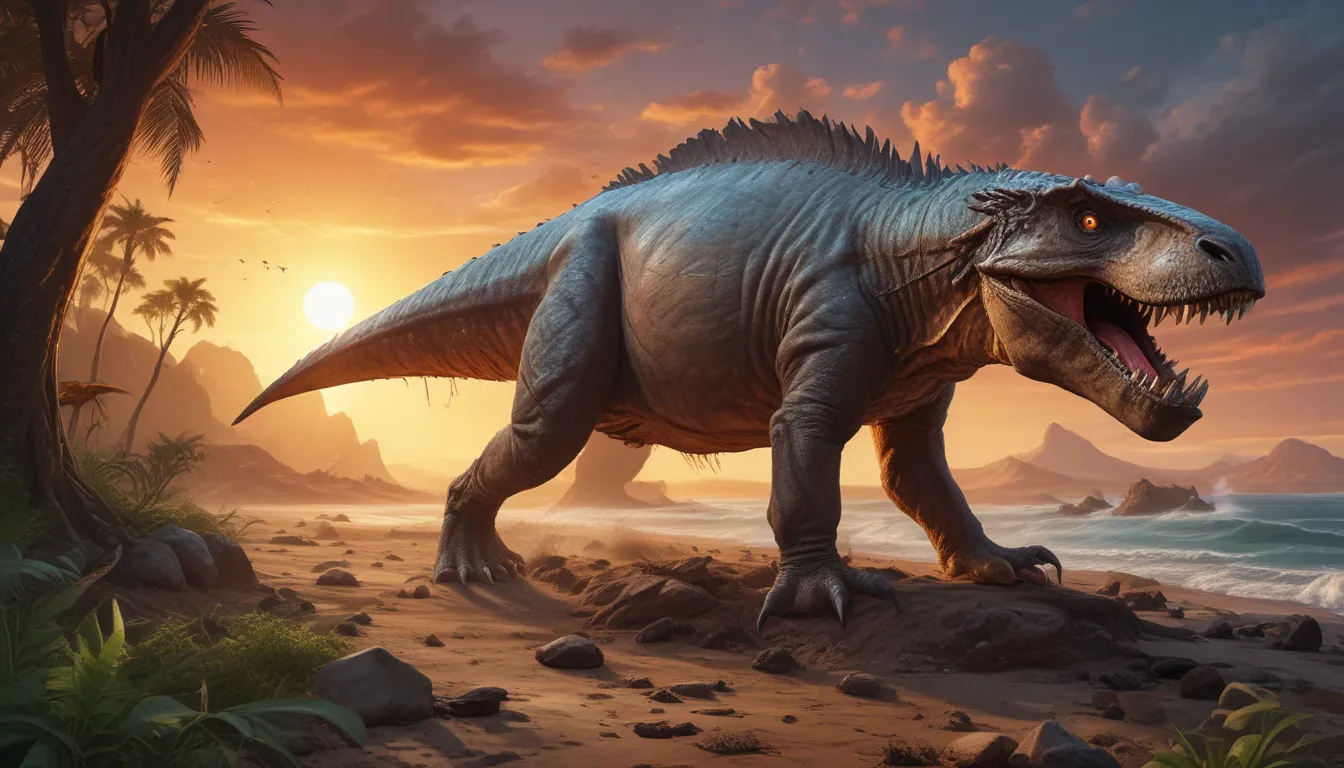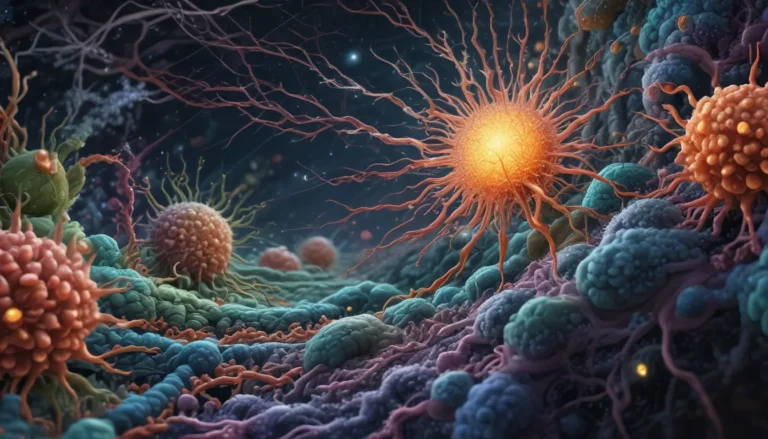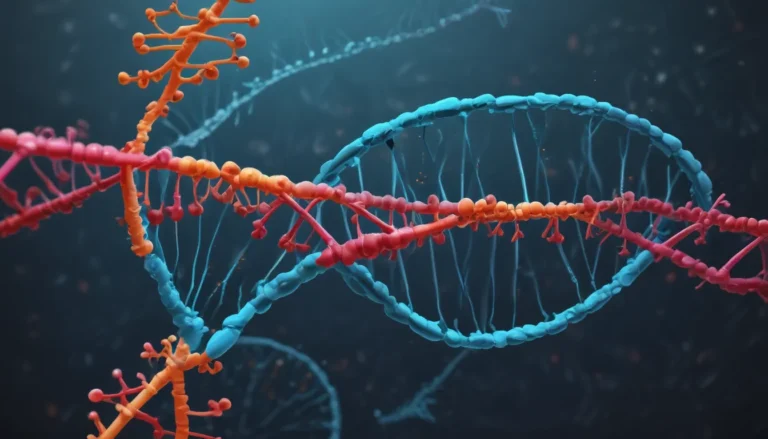A Note About Images: The images used in our articles are for illustration purposes only and may not exactly match the content. They are meant to engage readers, but the text should be relied upon for accurate information.
In the vast tapestry of Earth’s history, extinction events are crucial chapters that have shaped the course of life on our planet. These cataclysmic occurrences, from mass volcanic eruptions to asteroid impacts, have left indelible marks on the composition and diversity of ecosystems. As we delve into the fascinating realm of extinction events, we uncover 12 mind-blowing facts that will ignite your curiosity and deepen your understanding of the interconnectedness of life and death on Earth.
Unveiling the Secrets of Extinction Events
Throughout the annals of time, Earth has borne witness to numerous major extinction events, where significant numbers of species have vanished, altering the landscape of life on our planet.
- The most renowned extinction event, the Cretaceous-Paleogene extinction, occurred approximately 66 million years ago, heralding the end of the dinosaurs and paving the way for the rise of mammals.
- However, the Permian-Triassic extinction event stands out as the most devastating, taking place around 252 million years ago and earning the moniker “Great Dying” due to its catastrophic impact on marine and terrestrial species.
Causes and Consequences of Extinction Events
Extinction events can arise from a myriad of factors, ranging from asteroid impacts and volcanic eruptions to climate change and human activities, underscoring the fragile balance of ecosystems on Earth.
- Alarmingly, we find ourselves amidst the sixth mass extinction, driven by human-induced factors like habitat destruction, pollution, and climate change, threatening the very fabric of biodiversity.
- The current rate of extinctions surpasses the natural background rate by a staggering 1,000 to 10,000 times, indicating the severity of the crisis facing our planet.
The Ripple Effects of Extinction
The loss of keystone species, pivotal players in ecosystems, can trigger cascading effects that reverberate throughout the web of life, underscoring the intricate interdependence of species.
- Following each major extinction event, evolution has unfurled new chapters, with resilient species like sharks, crocodiles, and horseshoe crabs enduring and adapting through the ebb and flow of mass extinctions.
- Ecosystems bear the scars of extinction events for millions of years, slowly recovering and striving to recapture the rich tapestry of biodiversity that once thrived.
A Glimpse into the Future
Despite the somber shadows cast by extinction events, they also offer glimpses of hope and renewal, as new species emerge to fill the void left by their predecessors.
- With each extinction event comes the opportunity for novel evolutionary pathways to unfold, enriching the tapestry of life with diverse forms and functions.
- By unraveling the mysteries of past extinction events, scientists glean valuable insights to predict and prevent future calamities, guiding us towards a more sustainable future for all inhabitants of Earth.
Navigating the Terrain of Extinction: FAQs
-
What is an extinction event?
An extinction event entails a substantial and widespread loss of species within a condensed geological timeframe on Earth. -
How do extinction events occur?
Extinction events stem from factors such as climate shifts, volcanic eruptions, asteroid impacts, and human activities, disrupting ecosystems and precipitating the decline or eradication of species. -
What are mass extinctions?
Mass extinctions denote periods in Earth’s history where a significant portion of species, both on land and in the oceans, face extinction within a compact timeframe. -
How many mass extinctions have transpired?
Over the past 500 million years, Earth has weathered five major mass extinctions, including the epoch-defining event that eradicated the dinosaurs. -
Are extinction events a natural process?
Extinction events constitute a natural facet of Earth’s history, yet the current acceleration of extinctions, attributed to human activities, raises concerns about an ongoing mass extinction event. -
Can humans avert future extinction events?
While humans may not prevent all extinction events, concerted efforts to curtail our environmental impact through habitat conservation, pollution reduction, and climate change mitigation can safeguard species and forestall future extinctions. -
How long does biodiversity recovery take post-extinction event?
The recuperation of biodiversity post-extinction event varies depending on the severity of the event and the resilience of affected ecosystems, spanning millions of years to witness the full resurgence of biodiversity.
In traversing the enigmatic realm of extinction events, we uncover a tapestry interwoven with tales of loss, resilience, and renewal. Through our shared journey of discovery and understanding, we can forge a path towards a more harmonious coexistence with the vibrant tapestry of life on our planet. Join us in unraveling the mysteries of extinction events, where every fact unveils a new facet of Earth’s intricate history and beckons us towards a future where biodiversity thrives and endures.






